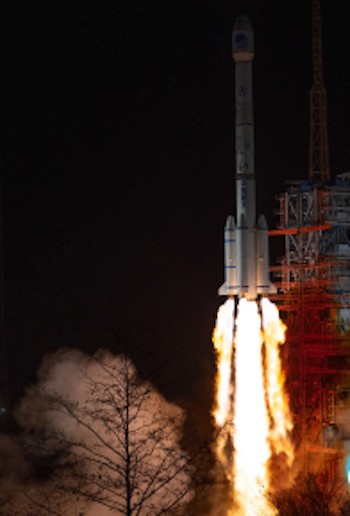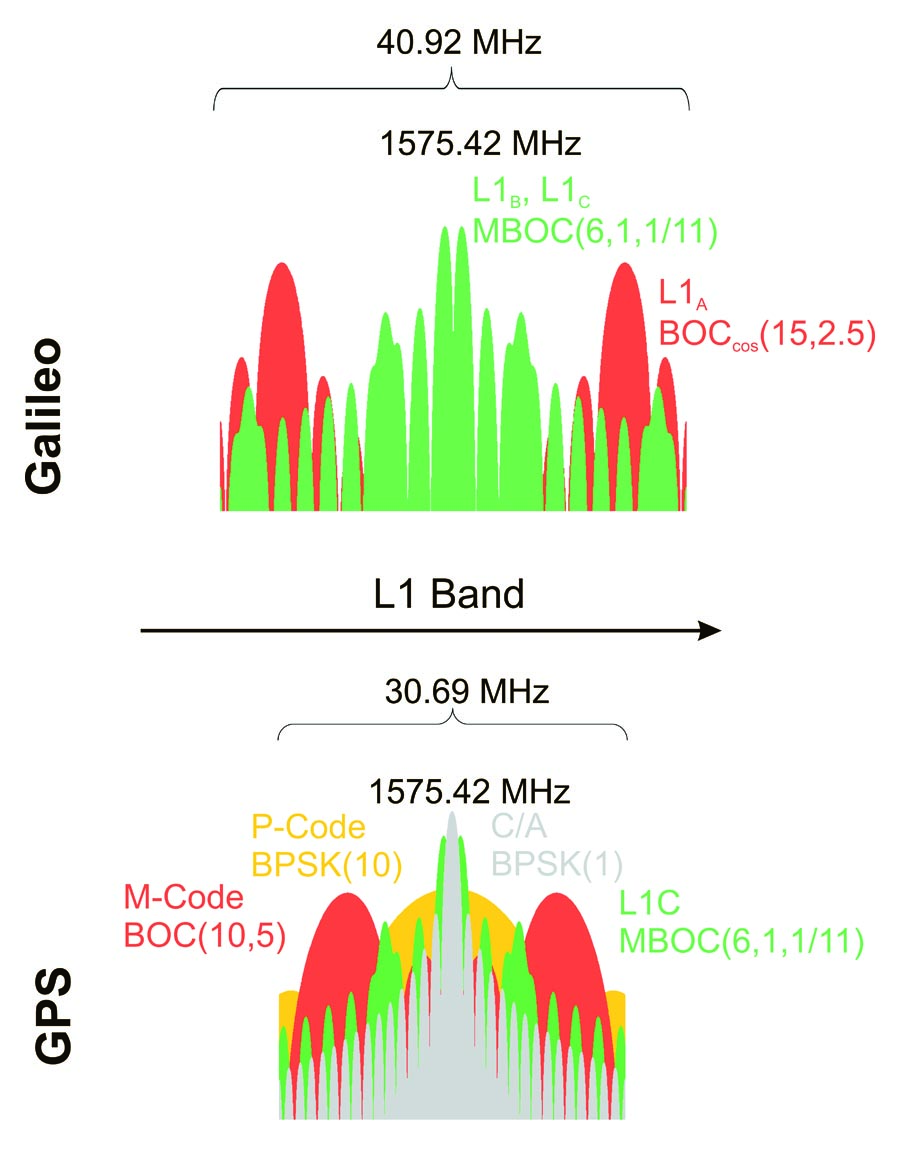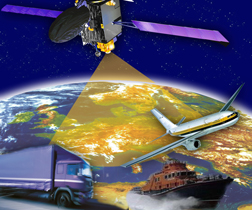Beijing’s municipal government released a three-year plan to promote the innovation and development of industries related to the BeiDou Navigation Satellite System. The total output of BeiDou navigation and location service industry in the Beijing region will exceed 100 billion yuan ($14.4 billion U.S. dollars) by 2022, according to the plan document.
The region historically has shown a keen interest in the GNSS industry and the economic benefits to be derived therefrom. BD Star Navigation, a private navigation products and system provider company located in Beijing, is only one of many companies to be involved in the initiative.
An area centered on the megalopolis and extending along the nearby Bohai Sea coast has emerged as one of five major clusters of BDS industry. The others center on Guangzhou, Shenzhen and Zhongshan along the Pearl River, Shanghai and the Yangtze River Delta region, Central China of Hubei and Hunan province, and to a lesser extent, Western China around Sichuan, Chongqing and Shanxi provinces.
The initiative seeks to stimulate breakthroughs in key and core technologies, as well as cultivating a sound ecology for competitive enterprises; could these mean inertial and other positioning technologies?
Beijing will set up seven major demonstration projects to promote BeiDou applications in smart transportation, environment protection and intelligent logistics, according to the plan.
To meet such industrial goals in the recent past in China, local economies have engaged in stimuli such as funding of pilot projects, rapid construction of industrial parks, broad financial support for private enterprises, and foundation of industrial alliances. According to a rough estimate made in 2014, around 40 BeiuDou-related industrial parks were established over the preceding few years.





